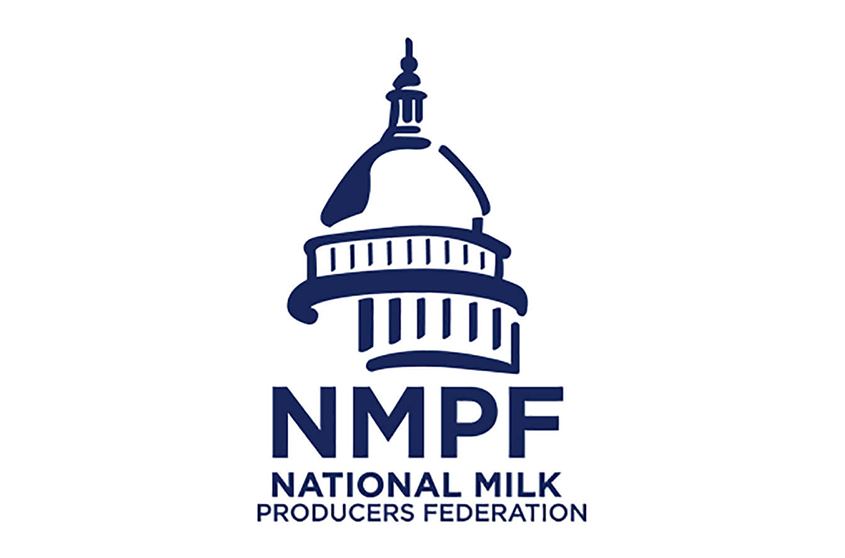The National Milk Producers Federation (NMPF), based in Arlington, Virginia, issued a statement Feb. 25 urging the Food and Drug Administration (FDA) to take action on fake-milk labeling and other issues. The statement follows:
“More than one year after comments closed on FDA’s request for information on fake-milk labeling; with health organizations warning against inappropriate consumption of plant-based beverages; with a rising number of lawmakers asking why nothing’s been done; and with a new FDA commissioner who seems to understand the problem, FDA still hasn’t resolved the public-health issue of mislabeled plant-based products using dairy terms that imply nutritional equivalence to consumers.
“Why not?
“That would be for FDA to answer. But if the concern is that FDA’s beginning to enforce its own longstanding rules may create confusion, we have an answer for that: a road map that updates dairy-labeling rules, clarifies marketplace practices and ensures fair competition among dairy and plant-based products. Written as a citizen petition responding to the comments FDA solicited, the map is NMPF’s proposed solution to the fake-dairy labeling problem—and it includes a few nuggets that might surprise consumers whose news diets include too much plant-based misinformation. For example: The petition would clarify that milk from animals other than cows, such as sheep, goats and water buffalo, are acceptable for dairy labeling, because milk only comes from mammals.
“It explains why terms like “Peanut Butter” and “Milk of Magnesia” are compatible with current FDA rules, while calling an almond-based beverage “milk” isn’t. (Short answer: It has to do with a product’s established use—these products aren’t marketed as substitutes for dairy.)
“It even reaffirms circumstances under which plant-based products could still use dairy terms, and it clearly does not ban the use of those dairy terms if used in a way that fits with decades-old federal regulations that are consistent with the First Amendment. Words such as “alternative,” “imitation” and “substitute,” properly administered, can give consumers the information they need and maintain nutrition and labeling integrity, while allowing plant-based purveyors the leeway to market their heavily processed, flavored sugar waters largely how they’d like.
“Finally, the road map contains a detailed analysis of relevant case law to address First Amendment concerns over labeling terms. It surveys the legal landscape to ensure that solutions on disclosure requirements are narrowly tailored to improving labeling transparency and promoting informed consumer choice. It emphatically does not propose a blanket ban on the use of dairy terms by plant-based products.
“Dairy farmers understand the FDA has a lot on its plate. But after more than 40 years of non-enforcement—and a nearly two-year-old pledge to act—let’s get real. The path is clear, the road map exists. All that’s left is action – by FDA, Congress, or both – to do what’s right for consumers. We won’t be quiet until it’s done.”

